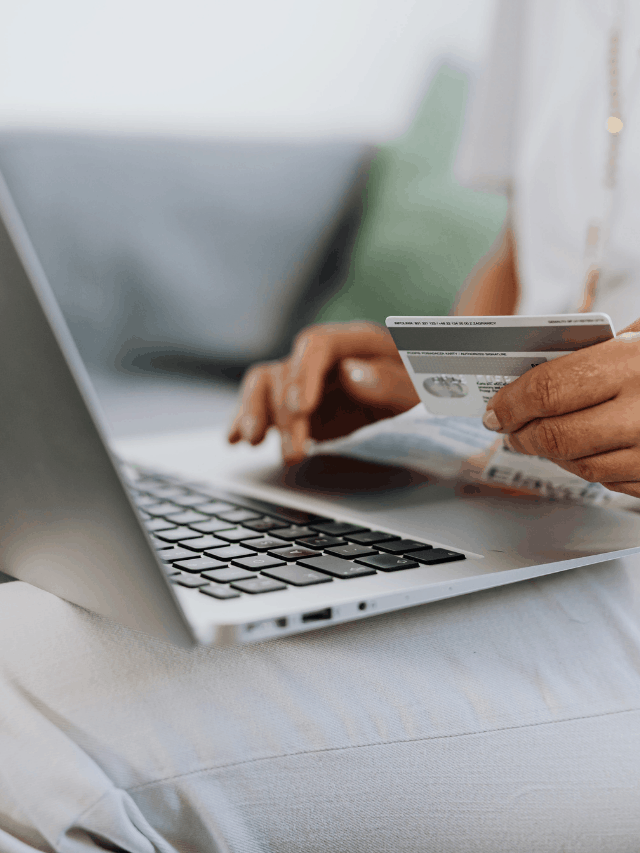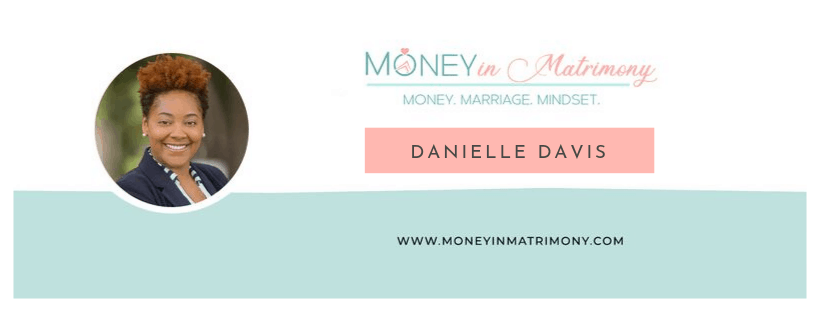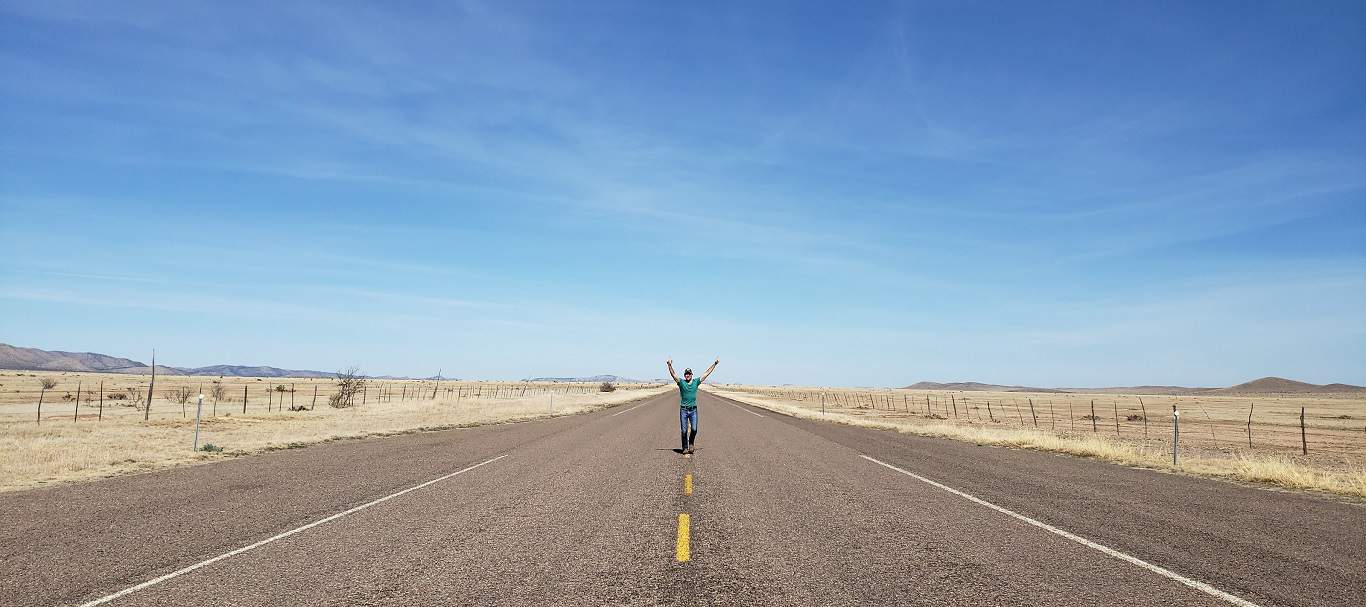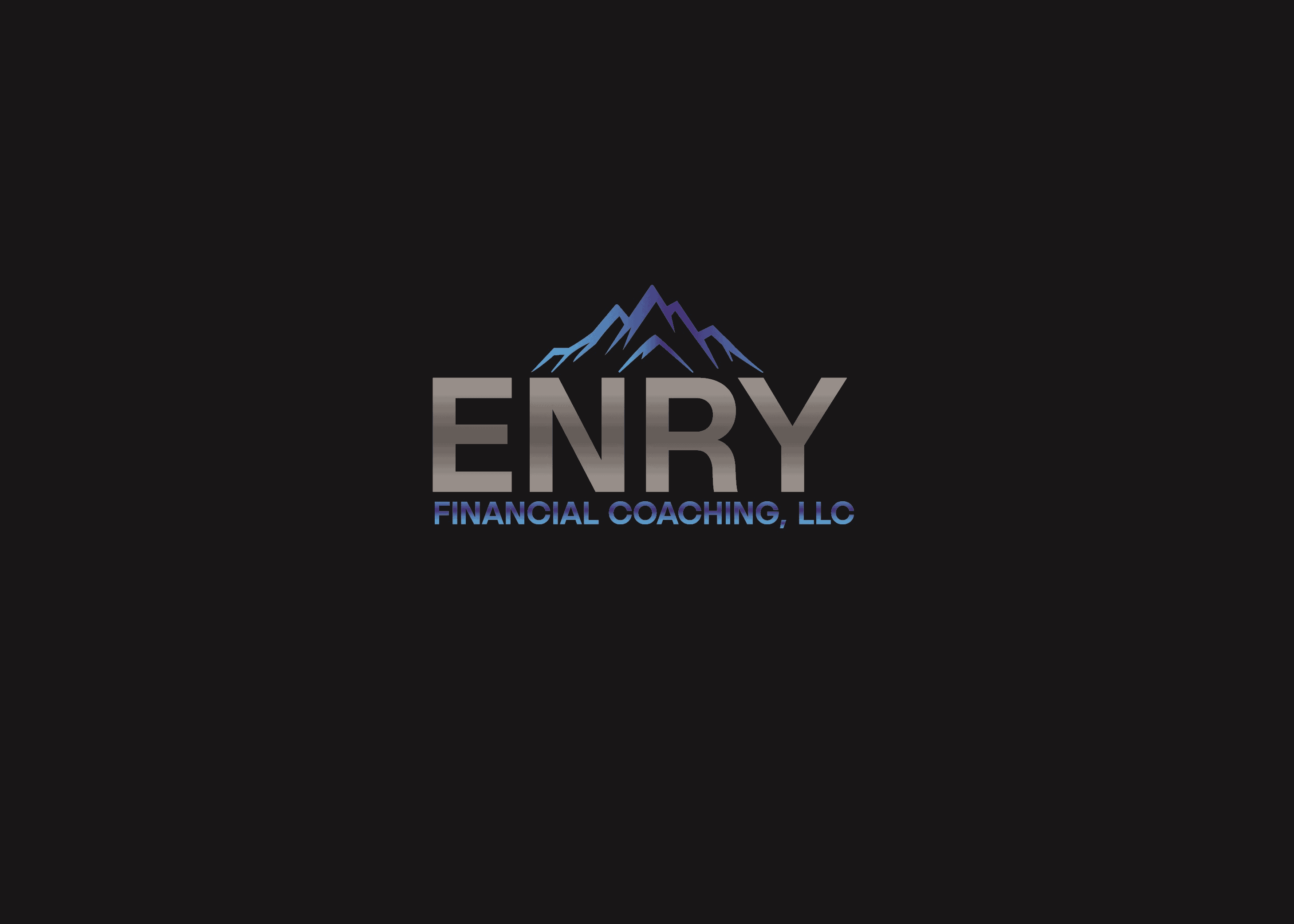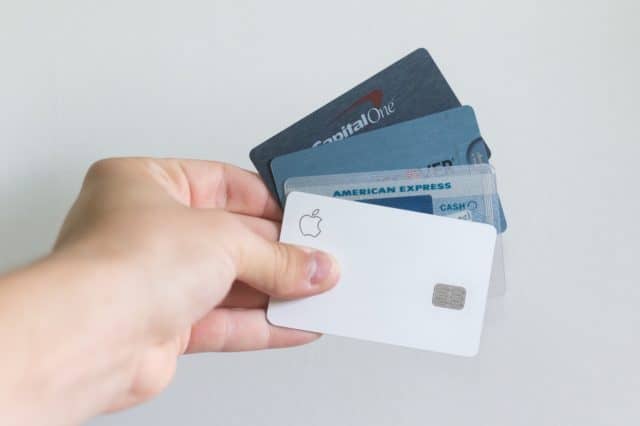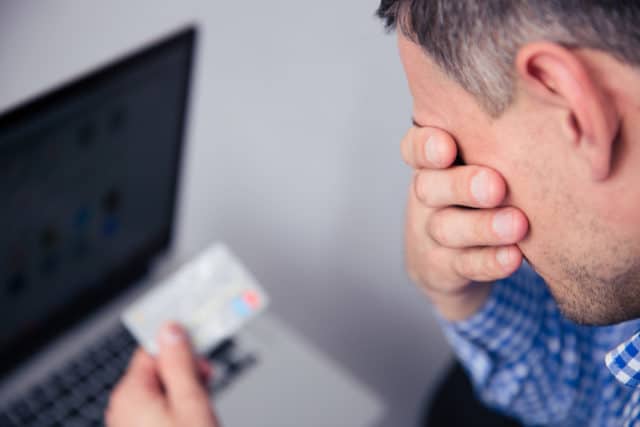To make Wealthtender free for readers, we earn money from advertisers, including financial professionals and firms that pay to be featured. This creates a conflict of interest when we favor their promotion over others. Read our editorial policy and terms of service to learn more. Wealthtender is not a client of these financial services providers.
➡️ Find a Local Advisor | 🎯 Find a Specialist Advisor

Credit cards are like a power saw. Use them right and you can easily do things with much less effort than without. Use them wrong and you can (figuratively, for cards) cut off your fingers (ouch!!!). Here are the best and worst ways to use your credit cards, and how in some situations, one of the worst ways actually becomes best.
To be clear, credit card issuers are not in business out of the goodness of their corporate hearts. They issue your cards and take the risk that you won’t pay what you owe them for the simple reason that on average they make a lot more money than they lose.
Once you get this, you’ll understand why things are done as they are. Everything is set up to maximize card issuers’ profits and minimize their losses. Since you’re the other side in the transaction, this means things are set up to maximize how much you pay. However, if you play your cards right (pun intended), you can beat the house, and here’s how to do that.
The Basics of Credit Cards
Credit cards are tools that let you buy things now but pay for them later. However, as they say, the devil is in the details, and here are the most important details.
Credit Limit: This is the most the issuer is willing to let you owe them, even for the short period until your next payment is due. If you try to charge something that results in your balance going over this limit, the issuer may decline to pay. This can leave you in an awkward situation, especially if you’ve just finished dinner and don’t have cash or another card to pay with. Even if the card isn’t declined, your card issuer will likely charge you an “over-the-limit” fee (more on that below).
Annual Percentage Rate (or APR): The card issuer sends you a monthly statement, asking you to pay them back what they paid merchants for your purchases throughout the month. If you don’t pay in full, they start charging you interest. The interest rate, or APR, is disclosed in the pesky fine print of your contract, and may change if the issuer notifies you. Another thing usually stated in that fine print is that interest starts accruing immediately on certain things, such as buying gift cards or paying off the balance on another card. That’s why the APR is important even if you plan to pay off the balance in full each month. The thing to know here is that credit card APRs are rarely the cheapest way to borrow money.
Minimum Payment: This is the smallest amount you must pay back each month to avoid serious negative consequences, such as penalties and lower credit scores. This is usually calculated as a percentage of your outstanding balance, any interest owed, any penalties or other fees, plus anything you owe that’s above your credit limit. If you’re maxed out and strapped, paying even this minimum can be very hard.
Annual Fee: This is what the card issuer charges you just for having their card. Most cards these days have a $0 annual fee. However, some types of cards, especially higher-end travel cards, charge hundreds of dollars a year.
Cash Advance and/or Balance Transfer Fee: If you use your card to get the equivalent of immediate money, be it by having your card issuer pay off your balance on another card, or by buying a gift card, your issuer will most likely charge you a fee calculated as a percentage of the amount they paid out, above and beyond paying immediate interest on these payments even if you pay off your balance in full every month. Note that some issuers offer teaser benefits when you first get their card, which could include 0% interest and no fees charged on any initial balance transfers, and this benefit may last for a year or more (more on this below).
Penalty Fees: As mentioned above, if you go over your credit limit, not only will you need to pay back that extra as part of your next payment, you’ll also have to pay an over-the-limit fee. If your payment isn’t made by the due date, you’ll be charged a late-payment fee. Since these penalties can be $39 each or more each time they apply, they may seriously accelerate your personal debt crisis.
Foreign Exchange Fee: If you use your card in another country, most card issuers will charge you a fee (usually 3% of the transaction value) above and beyond the value in US$ of what you were charged in the foreign currency. What may surprise you is that sometimes you’re charged this fee without ever setting foot outside of the US. This happens if you buy something online from a foreign company in their home currency, for example.
Tips from Financial Coaches
We asked financial coaches in the Wealthtender community to share a tip or recommendation they tell their clients who are digging out of credit card debt. Click Read More to view their suggestions.
How to Get Your First Credit Card
Hopefully the above hasn’t already convinced you to stay away from credit cards because, like power saws, credit cards can be very helpful if used correctly. Among other things, if used well, credit cards build your credit history and raise your credit score, which helps you get better rates on mortgages or auto loans, get your apartment rental application approved, and even make your auto insurance cheaper. Some even give you free rewards like cash back.
Since nobody is born with a credit card in their name, and getting that first card isn’t the easiest thing in the world, what’s the best way for you to get yours?
4 of the Easiest Ways to Get Your First Credit Card
- If you’re in college, find out if any card issuers offer cards to students at your school. Normally those are much easier to get than trying on your own.
- Get a card issued by the bank or credit union where you have checking and savings accounts. When I first came to the US as an adult with zero credit history in this country, this is what I did, getting a card from the State Employees Credit Union (SECU) of Texas.
- If you can’t get your bank or credit union to issue you a regular credit card, ask them for a secured card — this means you deposit a certain amount in an account with them that you’re not allowed to withdraw, and your credit is limited to that amount.
- If even that isn’t available, try to get a joint card with your parents, assuming they have decent credit scores.
Slide Show:
Best and Worst Ways to Use Your Credit Cards
The Best Ways to Use Your Credit Cards Under Normal Circumstances
The best ways to use credit cards depend on your circumstances. Assuming you’re not in dire financial straits, here’s what you should do.
- The most critical thing, if you do nothing else that I recommend — buy with plastic ONLY those things you would still buy if you had to pay cash.
- Every month, pay off your balance in full. If you can’t do that, pay as much as you can and stop using credit until your balance is back to $0.
- Set up payment-due reminders, whether through your card issuer sending you a text message, or using your calendar. Some people recommend that you set up automatic payments from your checking account. I disagree, since you stop seeing how much money you’re charging each month, which may lead to your spending more than you should, and you still need to set up reminders to make sure there’s enough money in your account to cover each month’s card payment.
- Get cards that offer rewards that make sense based on the amounts and types of purchases you charge. For some, that may mean cards offering travel points. For others, it may mean different cards for different types of charges — say one card that gives 3% back for gas, another that gives 5% back for restaurant meals, another offering lots of points for hotel stays and airfares, and a fourth for everything else. Personally, I prefer the simplicity of Citi’s Double Cash Card. I get 2% cash back on everything I charge and pay off. This is less than the absolute maximum that I could get using multiple cards, but my time and attention are worth more to me than those extra dollars. I then bank those monthly rewards into a savings account we use for vacations and gifts.
- Get cards with no annual fees. Having said that, for some people, getting cards that charge even $450 annually can make sense if the card’s perks save them more than that in extra benefits above and beyond other cards. Chris Hutchins published a good guide on choosing the best cards. Personally, I’m willing to forgo the extra perks because I doubt I’d get enough of a benefit and/or I’d need to pay for things I wouldn’t otherwise buy. However, if you travel enough, it may make sense for you.
- Higher credit limits reduce your credit utilization ratio (how much you owe on your cards divided by how much you could owe if you maxed them all), which improves your credit score. Many issuers will increase your limit without querying the credit reporting bureaus, as long as it’s been at least 6 months since your last increase. If that’s true for your card, set reminders in your calendar and request an increase every 6 months.
- If handled responsibly, more credit lines and a mix of different types (including credit cards, auto loans, mortgages, etc.) improve your credit score. Gradually get additional cards that make sense for the way you use them. In general, avoid getting new loans and/or credit cards more than once a year, since creditors look at the number of accounts you opened in the last two years and prefer that number to be no more than 2.
- Some issuers will lower your credit limits or even close your credit card account if you stop using their card for a year or two, so use each of your cards at least periodically.
- Understand the details of your cards’ APR, fees, and penalties, so you can make informed decisions.
The Best Ways to Use Your Credit Cards if You Owe a Lot
According to a recent Credit Penguin study (based on the most recent data, from April 2018), 41.2% of American households carry at least some credit card debt, on average $9,333. Looking at the poorest households, those with a net worth (what they own minus what they owe) of $0 or less, that average climbs to $10,307. If you’re a card-carrying member of that group, most of your best ways to use a credit card are quite different.
- For you, too, the most critical thing is, to the extent possible, buy with plastic ONLY those things you would buy even if you had to pay cash.
- If you carry balances on more than one card, pay the minimum payments due on all cards except the one with the highest APR, and pay as much as you can above the minimum on that highest-interest card. Once that card is paid off in full, add to the next-highest-interest card’s minimum payment the full amount you were paying to the now-zero-balance highest interest card. Rinse and repeat until you carry no balances on any cards. This is called the avalanche method of paying down debt.
- To avoid penalties, set up payment reminders to pay on time at least the minimum due on each card.
- Since you can’t pay off your balance in full, and paying high interest and penalty fees just makes things worse, periodically open a no-annual-fee card that offers no-fee initial balance transfers with no interest for at least a year. Then, use this year of no interest and no fees to pay down your balances as fast as you can. Since these cards typically charge high interest once the intro period is over, set up a reminder to repeat this process before the no-interest period is over.
- Understand the details of your cards’ APR, fees, and penalties, and especially any intro or teaser offers so you can make the most informed decisions. Many years ago, I was able to save hundreds of dollars in interest by using no-fee, no-interest convenience checks. Unfortunately, card issuers stopped offering such crazy-great convenience checks, but if you read the fine print of card offers, especially teaser intro offers, you can create your own story of financial success.
The Worst Ways to Use Your Credit Cards
As mentioned above, 41.2% of American households carry credit card debt, and for the poorest of us, that balance is on average over $10,300. If you’re working full time at the $7.25/hour federal minimum wage, that $10,300 is more than 2/3 of your annual pay! This points out some of the worst ways to use your credit cards.
- Buying stuff on plastic that you wouldn’t buy if you had to pay cash, and especially buying stuff you don’t have to when there’s other stuff you should be buying but can’t afford.
- Forgetting to pay on time at least the minimum payment on each card.
- Paying only the minimum payments due, unless you absolutely can’t afford to pay any more than that. If this is the case, stop (or at least minimize) paying with plastic and reduce your balances gradually to the point that you can pay in full each month.
- Paying annual fees for credit cards when you can get free cards, or worse, buying stuff you wouldn’t normally buy in order to get perks that justify the annual fee, ending up with less money at the end of the day.
- Using credit cards to borrow money at higher APR (including pre-paid interest, which is what balance transfer or cash advance fees are) than you could pay for a loan from a credit union or Lending Club.
- Opening lots of credit card accounts in a short time, dinging your credit score both for all those credit queries issuers send to credit reporting bureaus and for having lots of new accounts, and then charging stuff on all of them, going deeper and deeper into debt as a result.
The Exception: Paying Less than Your Credit Card Minimum Payment
While the following isn’t something to aspire to, in certain dire circumstances it changes from a wrong way to the right way to deal with credit card debt. Specifically, if you’re at the end of your financial rope and can’t meet even your minimum payments, you have to seriously consider paying less than the minimum, or even nothing at all, to your card issuers. It isn’t the most ethical thing to do, but sometimes you have no good choices and have to choose the least bad option available.
For example, if you stop paying your mortgage, you’ll lose your house. Stop paying rent and you’ll be evicted. Stop paying utilities, and your electricity, gas, and water services will be cut. Stop paying your grocer, and you’ll have no food for yourself or your kids. When you simply can’t make ends meet, you have to prioritize. Weighing homelessness and/or starvation against defaulting on a credit card agreement and suffering lower credit scores, you have to accept that the latter just isn’t as dire, and lacking better options, it becomes the right thing to do.
However, breaking your word and your signed agreement should be done with some thought. For example, if there’s no way you can ever pay back your creditors, you should explore declaring bankruptcy so (most of) your debts are wiped off the books. However, you have to realize that the bankruptcy court will take whatever money you do have to pay part of what you owe, your credit score will plummet and stay really low for many years, and you won’t be allowed to declare bankruptcy again for years.
If things are bad but not quite that bad, contact your creditors proactively as soon as you realize you won’t be able to make timely payments of the minimum due. Negotiate with them options such as paying a lower interest rate, waiving penalty fees, etc. While they won’t do things out of the goodness of their hearts, they usually realize that they can’t squeeze blood out of a stone, and decide that their getting some of their money back from you is better than getting nothing at all.
The Bottom Line
If you’ve stuck with me to this point, kudos. Hopefully you’ve learned at least something that will help you use your credit cards like a pro, “beating the house” by taking advantage of what they let you do that makes sense in your situation, without paying for things you don’t have to.
What have you found to work best (or not work) for you in using credit cards? Do you think any of the above information would change that experience?
Are you ready to enjoy life more with less money stress?
Sign up to receive weekly insights from Wealthtender with useful money tips and fresh ideas to help you achieve your financial goals.
Disclaimer: This article is intended for informational purposes only, and should not be considered financial advice. You should consult a financial professional before making any major financial decisions.
About the Author
Opher Ganel, Ph.D.
My career has had many unpredictable twists and turns. A MSc in theoretical physics, PhD in experimental high-energy physics, postdoc in particle detector R&D, research position in experimental cosmic-ray physics (including a couple of visits to Antarctica), a brief stint at a small engineering services company supporting NASA, followed by starting my own small consulting practice supporting NASA projects and programs. Along the way, I started other micro businesses and helped my wife start and grow her own Marriage and Family Therapy practice. Now, I use all these experiences to also offer financial strategy services to help independent professionals achieve their personal and business finance goals. Connect with me on my own site: OpherGanel.com and/or follow my Medium publication: medium.com/financial-strategy/.
Learn More About Opher
To make Wealthtender free for readers, we earn money from advertisers, including financial professionals and firms that pay to be featured. This creates a conflict of interest when we favor their promotion over others. Read our editorial policy and terms of service to learn more. Wealthtender is not a client of these financial services providers.
➡️ Find a Local Advisor | 🎯 Find a Specialist Advisor





